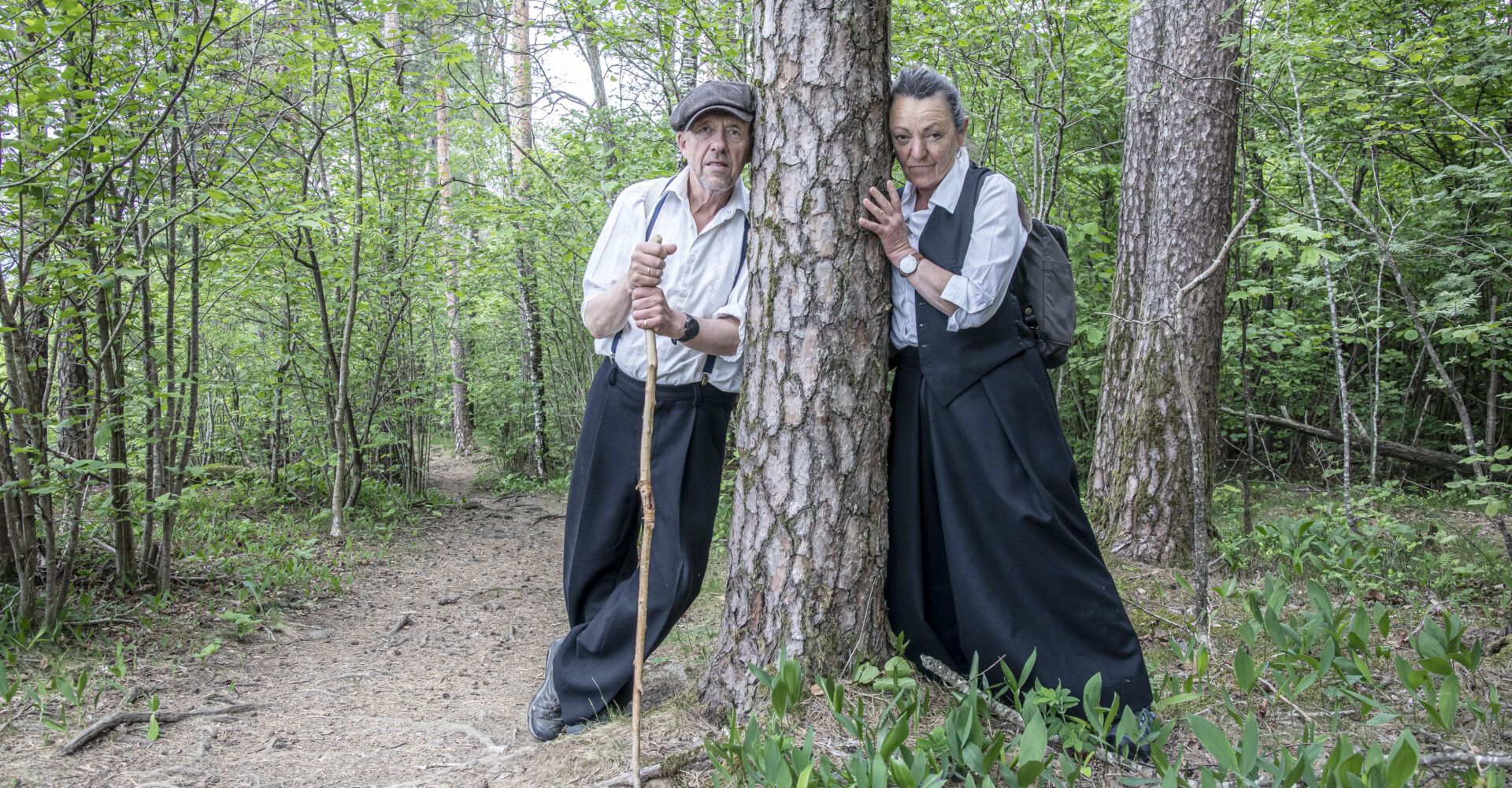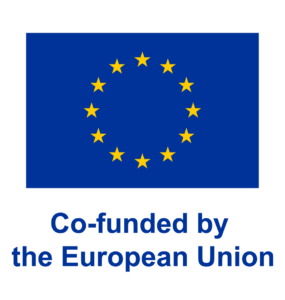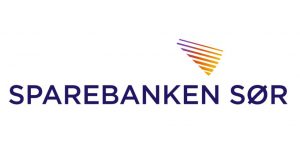EU project: TREES

Raising environmental awareness through Performing Arts.
Grenland Friteater is a partner in an EU project initiated by DAH Teatar Serbia. The project aims to raise environmental awareness through Performing Arts. The other participants in the project are, Action Synergy from Greece, Theatro Aeroploio – Ena Theatro Giapaidia from Greece, Smashing Times Theatre Company from Ireland, Centro De Arte Y Producciones Teatrales from Spain, Protagon – Freunde Und Foerderer Freier Theater from Germany And Stichting Zid from Netherlands.
In a period where the consequences of climate and environmental change are increasingly evident, the raising of environmental awareness is an issue that becomes more and more important. Culture, and especially theatre, has not played a major role in the process of raising environmental awareness until now, even though the potential of theatre to change the behavior and the attitudes of the audience can be important.
TREES project aims to transfer and further develop a methodology developed by DAH Theatre in Serbia in the framework of a local project. After transferring the methodology to the partners through a seminar in Serbia, each of the partners is going to create local performances based on the main principles of the method and three international festivals are going to be organized to allow the artists to present their performances in front of an international audience, meet each other and exchange experiences.
The project is going to be introduced to artists, theatre and environmental organizations through a physical conference, an online conference, and an online course. Throughout the project, which is going to be implemented in 7 countries, the partners will work together with environmental scientists and environmental organizations.
Project Team
Artistic Directors: Geddy Aniksdal and Lars Vik
Managing Director: Frida Winther
Project Manager: Lucy Marie Bergan Odberg
Producer: Dag Haddal
Funded by the EU. However, views and opinions expressed are solely those of the author(s) and do not necessarily reflect the views and opinions of the EU or the European Education and Culture Executive Agency (EACEA). Neither the EU nor the EACEA can be held responsible for them.








